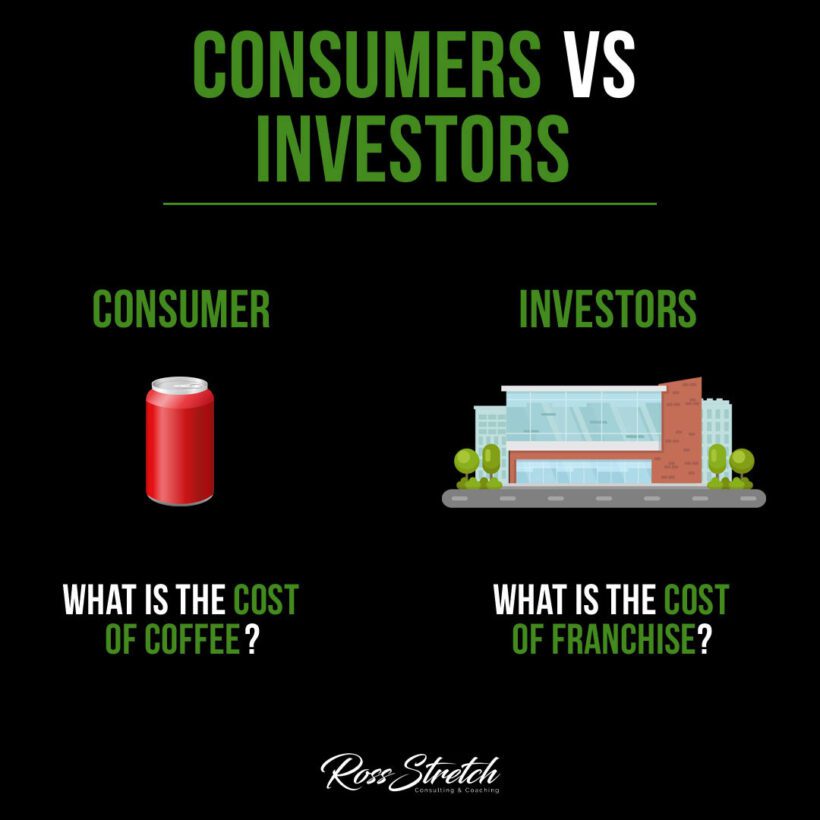In the vast landscape of the global economy, two primary figures stand out distinctly: consumers and investors. At a first glance, their roles may appear self-explanatory. Consumers consume, while investors invest. Yet, there’s a profound depth to this dichotomy, one that merits exploration and understanding.
1. The Consumer Perspective
A. Instant Gratification: The consumer mindset often gravitates towards immediate satisfaction. The tantalizing aroma of a freshly brewed coffee, the fizz of a cold beverage, or the allure of a new gadget often take precedence over long-term financial goals.
B. The “Spend Now, Save Later” Conundrum: Many consumers operate on a “spend now, save later” principle. However, ‘later’ often gets postponed indefinitely, leading to minimal savings and missed investment opportunities.
2. The Investor Outlook
A. Long-Term Vision: Investors, in stark contrast, are always looking ahead. Instead of pondering the cost of a cup of coffee, they contemplate the potential of owning a coffee franchise.
B. The Power of Compound Interest: Investors understand the magic of compound interest. A sum invested today can grow exponentially over time, turning modest savings into significant wealth.
C. Risk and Reward: Investors recognize that every investment comes with an inherent risk. Yet, they also appreciate the potential rewards that come with taking calculated risks.
3. Bridging the Gap: Transforming from Consumer to Investor
A. Prioritizing Needs Over Wants: This transformation begins by distinguishing between needs and wants. While it’s okay to indulge occasionally, consistently prioritizing wants can hinder financial growth.
B. Educate and Inform: Familiarize yourself with basic investment principles. Knowledge is a potent tool in making informed investment decisions.
C. Start Small: Transitioning to an investor mindset doesn’t necessitate massive upfront investments. Start with a modest amount, and as you gain confidence and understanding, gradually increase your investments.
4. The Broader Implications
A. Economic Growth: When more individuals transition from being mere consumers to strategic investors, it fuels economic growth. Investment leads to business expansion, job creation, and increased production.
B. Personal Financial Security: Adopting an investor mindset contributes to personal financial stability. It fosters a culture of saving, investing, and wealth creation.
C. Legacy Building: Beyond personal financial security, an investor mindset allows individuals to build legacies. It’s not just about amassing wealth, but also about creating lasting value for future generations.
Conclusion
The consumer versus investor debate isn’t about vilifying consumption or glorifying investment. It’s about recognizing the power of informed financial choices and the profound impact they can have on one’s life and the broader economy. As the adage goes, “It’s not about how much money you make, but how much you keep, how hard it works for you, and how many generations you keep it for.”


